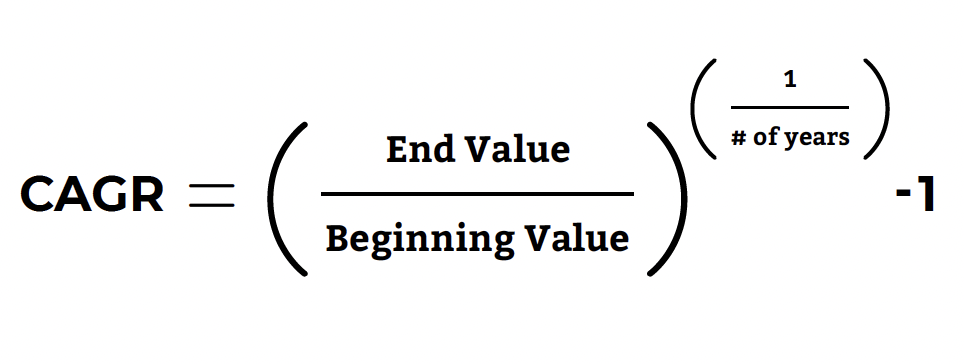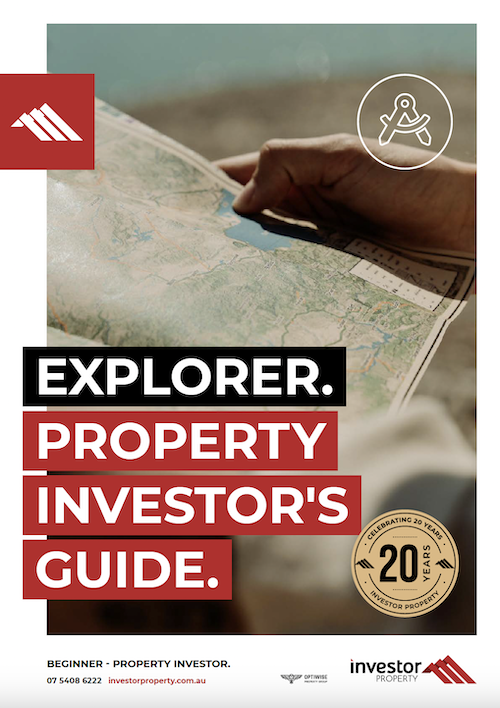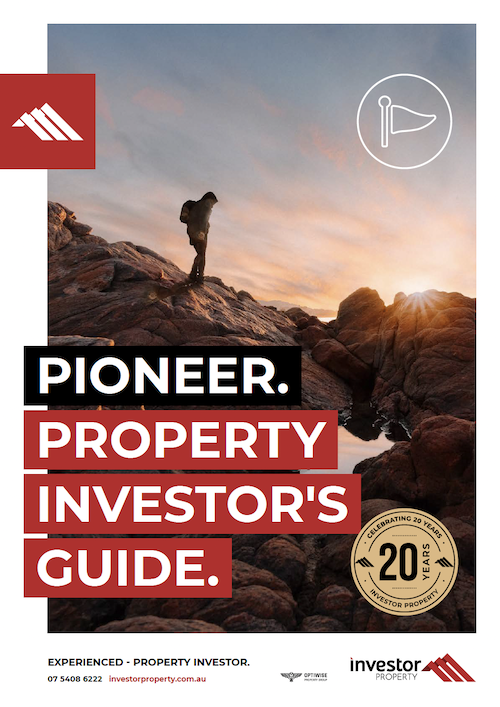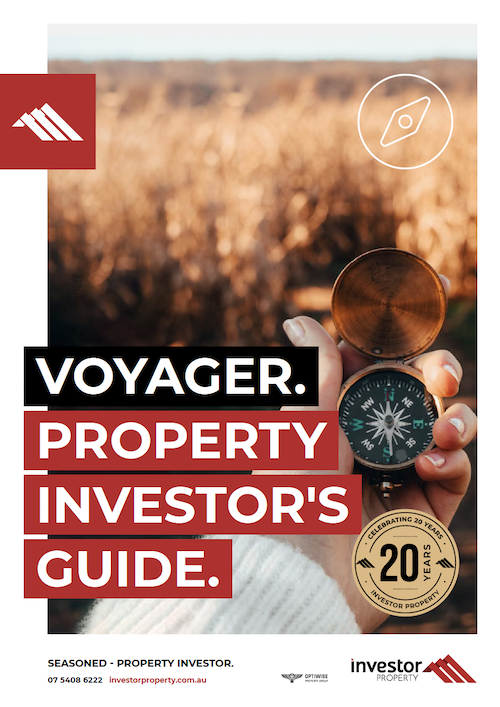BBQ banter
The weather is warming up and that means there’ll be more backyard and beachside BBQs – the breeding place for property misinformation! So, we thought it was timely to share some facts and insights to balance the property discussions and perhaps you’ll find yourself not only being praised for your excellent snags but your words…

The weather is warming up and that means there’ll be more backyard and beachside BBQs – the breeding place for property misinformation! So, we thought it was timely to share some facts and insights to balance the property discussions and perhaps you’ll find yourself not only being praised for your excellent snags but your words of wisdom too.
Throw around the term ‘Compound Annual Growth Rate’ (CAGR) and you’re sure to appear intelligent, but make sure you can back that up by knowing what it means and when you use it.
CAGR is a mathematical formula used to compare the Return on Investment (ROI) year over year over a specified period of time. The same formula is used in banking and where it’s used to determine the average compound interest. Einstein called it the ‘8th wonder of the world’ due to the effect it has on our capacity to create wealth.
CAGR isn’t the actual return each year, rather it’s a ‘smoothing’ of the returns to understand past performance or as a base assumption when estimating potential returns. When it comes to property no one can predict the future but we can look at the factors that have caused specific markets to achieve a high or low CAGR in the past and those areas with similar factors present today. We can then plan based on informed assumptions around a baseline assumed CAGR and understand the effect if the CAGR is above or below our assumption.
The important thing to keep in mind is that property value growth rates can vary greatly year to year so we can only use any assumptions on potential CAGR as a tool. For those who love formulas, the compound annual growth rate is calculated by taking the nth root of the total percentage growth rate, where n is the number of years in the period being considered.
This can be written as follows:

We’d be very surprised if “median house prices” aren’t mentioned at least once at your next BBQ. Here’s why we don’t love using medians as a true indicator of the property market.
What is a median? Some say an ‘average’ price, but this is far from the case, so let’s start with a definition before we discover how entirely useless and deceptive discussions about medians are.
A Median is the middle value in a rank-ordered sequence of sales by price. So if you had 21 sales in an area, it would be the 11th sale that would be the measure of price.
Whereas an Average is the sum of all sales divided by the number of sales. The reason medians are used over averages is that they are not affected by outliers. In contrast, averages can swing wildly due to extreme anomalies that are irrelevant to the norms.
The middle (median) remains the same middle value regardless of the size of the highest or the lowest case, which has great effects on the average.
By way of a simple example, if Elon Musk walked into a McDonalds, the average customer income skyrockets, but their median income would remain about the same. In the same way, if an unemployed person left while Musk entered, the median would not have changed.
So what is the problem with a median? It is how people rely on it for an indicator of ‘market price’ or ‘market activity’ when neither can be true.
Median sales data can vary greatly based on what is actually being measured (built form /market segment) the volume of sales and the size of the market, activity in that market and the datahouse that presented the information.
When it all gets too serious at the BBQ, feel free to throw this joke into the mix to bring back the vibes:
5 ants got together with another 5 ants to rent a property … now they’re tenants 🙂
In all seriousness, if you’re keen to learn more so that you can do more in the property investment space and want advice beyond the BBQ conversations, please reach out to our team for a free strategic review of your plan, to build a plan – or for other ‘sage’ advice (pun intended, you’re welcome).






